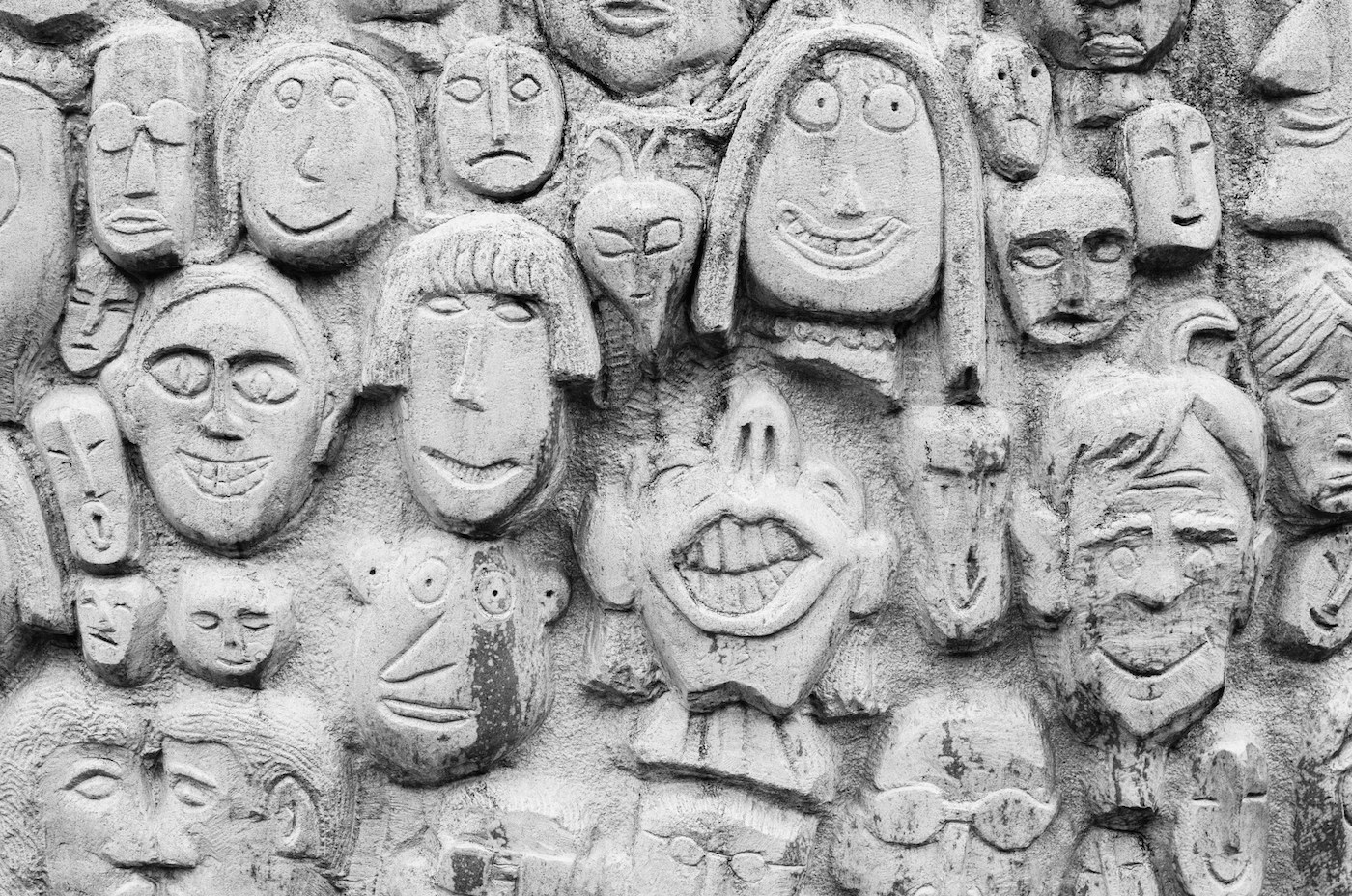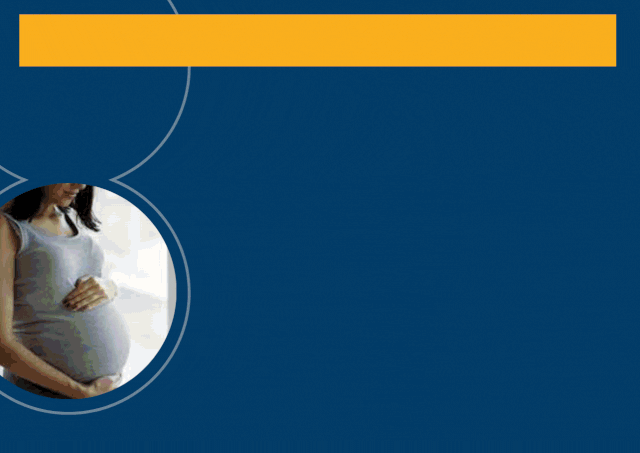Seeing the Silliness of Me
Thai Forest teacher Ajahn Sundara on the importance of not taking yourself so seriously. The post Seeing the Silliness of Me appeared first on Tricycle: The Buddhist Review.

From 1984 to 2015, Inquiring Mind was a semiannual print journal dedicated to the transmission of Buddhadharma to the West. The archive contains all thirty-one years of Inquiring Mind interviews, essays, poetry, art, and more—now hosted by the Sati Center for Buddhist Studies. Please consider a donation to help with the ongoing expenses of keeping the site running.
We are all very keen to liberate ourselves from what we think of as the obstacles in our lives—one of which we call the “me” that is creating all our troubles. But we often don’t know how to liberate ourselves, because this “me” comes in many disguises. How many times in your practice have you thought you’ve got it right—that sense of, “Now I’ve got the in sight, I know what to do, I won’t be fooled again, I’m sure things will be all right”—only to see the same old habits jump out at you again? You say to yourself, “I’ve seen clearly that this anger is totally useless, I’ve seen it arising and passing away, I’ve seen the suffering it causes me.” Then something happens, and you’re back on the same track, angry about something silly, irrelevant, totally meaningless. This is what practice is for: to exacerbate the sense of self; to show us the silliness, stupidity, and meaninglessness of what we call “me.”
We usually take ourselves too seriously; this is one way the self fools us. For instance, you might acknowledge about yourself, “Oh, I’m really short tempered, not always a nice person.” While saying it, you might feel a great sense of integrity, that you are really being honest. But when somebody else describes you in the same way, what happens? “How dare you say that about me! Who do you think you are, anyway?” You may not say that, but you will feel it—“I am hurt.”
A lot of the time, we live our lives as if this “me” is all we have. If that were true, it would be a pretty miserable predicament, because this reactive little ego of ours is really quite treacherous. It is very clever, very intelligent, very rational. It can express itself brilliantly, so we have a hard time staying present and aware with what is happening before the “me” has exploded with some kind of splendid rationale—justifying itself, covering itself up, pretending that it’s not doing what it’s doing. But then suddenly we might realize that it’s all empty, it’s not really me. We may discover that this little blot of “me” is actually only a blot. It’s not the whole space of our life, it’s not the whole mind. Most of us understand that life is bigger than the little “me” that bars the way to ease, freedom, peace, confidence, faith, and so on.
So why do we hang on to it? What’s the point? A most tricky aspect of the manifestation of the sense of self is the desire to get rid of things we don’t like. We can observe this pattern in our meditation when we react with aversion to unpleasant thoughts, memories, or feelings. Instead of just being aware of them, we want to push them away, deny them, change them, or just distract ourselves. When we describe it, study it, analyze it, even watch it rising and passing away, the strongest thought underlying our sense of self is “it should not be like this.” We are often unaware of this judgmental attitude that can be quite deluding and unkind. Furthermore, it tends to make us view life in a negative way. There is deep suffering ingrained in that mode of apprehending ourselves.
It’s important to hear the story of “me,” because that is often how we can let it go—by expressing it in words or having a mirror in someone else who reflects it back at us with compassion.
“It should not be like this.” This is really a mantra of ignorance. How many times do we fall into that pattern? When we are mindful, everything falls into place. We think “it should be like this.” When we lose mindfulness, it becomes “it should not be like this.” Then it’s back to being in touch with clarity, confidence, awareness—and back and forth. This is what prevents the mind from releasing, from flowing, from relaxing, from just letting things be as they are. For most Westerners, this is the strongest obstacle in our practice—the wish for things to be other than [what] they are. Sometimes we even use practice to reinforce this habit of mind. There came a time in my own practice when I realized I was trying too hard to be the perfect nun, so I said to myself, “Forget about Buddhism, forget about the Buddha, forget about the nuns.” That was a strongly liberating experience. As they say in the Zen tradition, “If you meet the Buddha, kill the Buddha.” If you see the practice, kill the practice. If you’re holding on to the practice too tightly, let it go. The Buddha, after practicing intense ascetic disciplines for six years, realized that willfulness, intensity, and shutting down the mind didn’t work. He remembered a time when, sitting in the orchard of his father’s palace as a young man, his mind became very still. It wasn’t super concentrated, but it was relaxed, at ease and skillful. It was in accord with dhamma. There were no evil thoughts, no obstacles, nothing. His mind was just relaxed.
I have considered that story many times in my practice because, like most of us, I know the intensity of wanting—wanting to be enlightened, wanting to be free of the hindrances, wanting to not be greedy, wanting to not sleep a lot, wanting to say the right things at the right moment, to the right people, in the right place. We all know that desire to have life turn out exactly as it should be instead of how it is. Most of us have to go through the shadow of this “it should be” in order to arrive at the truth, the “it is.” My knees should not hurt, but they do. My mind should not be obsessed, afraid, unmindful, but it is. Who really thinks they have exactly the right body, the right mind, the right thoughts, the right feelings? We spend so much time and energy trying to create the right experience, the right woman, the right man. But when we look a little closer, we notice that our world and “me” are constantly changing and disintegrating. So we often end up miserable, clinging to some ideal standard that rarely matches reality.
Sometimes, we bring the sense of self very strongly into our practice. We might say to ourselves, “This feeling is impermanent; it’s going to pass away.” When it’s not passing away, we think, “I should really be more mindful. . . . Maybe I should develop more lovingkindness.” Or, “I should sit a bit more upright. . . . That feeling is not leaving. . . . Oh, I’m not really mindful enough,” and on and on. We may not always think like that, but our emotional responses are often that way: “That feeling should be gone.” This is also a manifestation of self.
Consider how many times during the day you have resisted the way things are. The tension that we experience in our practice is just the symptom of this resistance, and so it is important that it be listened to, respected and received with kindness. It’s important to hear the story of “me,” because that is often how we can let it go—by expressing it in words or having a mirror in someone else who reflects it back at us with compassion.
So most of our practice in relationship to that sense of self is a matter of just enduring with compassion and wisdom. It’s not an endurance of will, of gritting one’s teeth and waiting for things to be as they should be—for the right sensation, the right thought, the right feeling. Once we start dismantling the sense of self, we note how disconnected its various parts are. One is a great bodhisattva, and one is a greedy pig. We’ve got the lustful, the obsessed, the helpful, the “poor me.” The self has a lot of faces, so we get fooled. One moment we want to help the whole world, and the next moment we want to eradicate our neighbor. One moment we want to fast for the next three weeks, and the next moment we’ve got the third slice of cake on our plate. We wonder what is happening. Where is our sense of integrity? It is just the many faces of self.
We can learn to see the humor in it all, how we take ourselves so seriously. If somebody says something nasty to us, it’s quite natural to feel hurt; but if we found out that person was crazy, we wouldn’t mind, would we? Ajahn Chah often told the story of a man who, every day on his way to work, was insulted by another man on the street. This went on for quite a long time until one day his friend said to him, “Didn’t you know, that guy who is insulting you is insane.”
Our practice is to be very patient, to learn to see through the whole story of me and mine. As long as we identify with it, then it will be very painful. So as we practice mindfulness, we can look at our thoughts and say, “Oh, they come and go.” Without mindfulness, any thought might stir up a whole range of other thoughts and within fifteen minutes an entire scenario. The same thing is true with emotions: if we get a glimpse of one little emotion arising in the heart, it does not become devastating. If we don’t see it arising, it might become volcanic. We have to learn how to nip things in the bud before they start turning into massive constructs.
In a way, we all want to come to that point where nothing will really bother us. When we see things with wisdom, there is no need to react to our experiences with any anger or ill will. There is no need to be harmful to anyone, because we realize that we are not the only one who suffers. This is the insight that suffering is universal.
As we see this more clearly, it is much easier not to believe in the silliness of what we call “me” and to skillfully face situations that have the potential to become too solid or real. Once we see through the many tricks and disguises of self, we can feel compassion for our predicament. We realize that the only safe place is in being fully awake to the present moment as we let go and learn to trust, beyond the clamors of the self, in the silence and spaciousness of the heart.
⧫
Adapted from a talk given on retreat at Spirit Rock Meditation Center in April 2001. From the Fall 2001 issue of Inquiring Mind (Vol. 18, No. 1) Text © 2001 by Ajahn Sundara and Inquiring Mind.
Related Inquiring Mind articles:
The Incredible Exploding Self: An Interview with Joanna Macy
Interview with Jack Engler: You Must Be Somebody Before You Can Be Nobody

 Troov
Troov 































